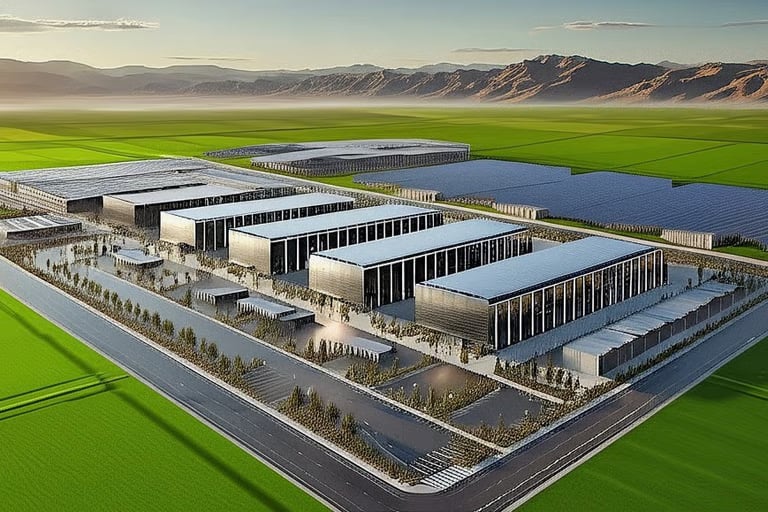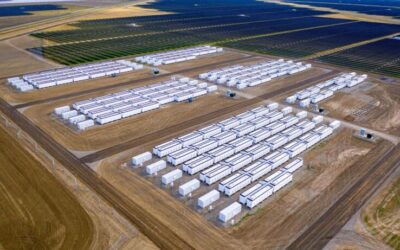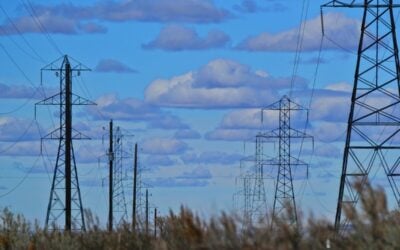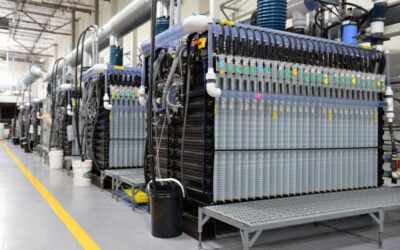
Caterpillar has agreed to deploy a combined heat and power (CHP) plant featuring more than a gigawatt-hour of batteries for a new data centre complex in Utah, US.
Engineering equipment manufacturer Caterpillar announced the project, for data centre developer Joule Capital Partners, yesterday (7 August).
Joule is developing the 4,000-acre High Performance Compute Data Center Campus in Central Utah, designed for the energy and computation-intensive workloads of artificial intelligence (AI) industry tenants.
The CHP plant would have a total generation capacity of 4GW, including combined cooling heat and power (CCHP) solutions, Caterpillar G3520K gas generator sets, 1.1GWh of grid-forming battery energy storage system (BESS) technology and backup generator sets.
Try Premium for just $1
- Full premium access for the first month at only $1
- Converts to an annual rate after 30 days unless cancelled
- Cancel anytime during the trial period
Premium Benefits
- Expert industry analysis and interviews
- Digital access to PV Tech Power journal
- Exclusive event discounts
Or get the full Premium subscription right away
Or continue reading this article for free
The system would be able to produce electricity and capture waste heat to power while also providing cooling for the data centre’s servers.
Construction of the multi-technology plant would be carried out with Wheeler Machinery, one of Caterpillar’s distribution partners. Wheeler Machinery has experience building power plants using Caterpillar technology in Utah.
The fully integrated distributed energy system would include controls, switchgear, inverters, energy storage solutions, CCHP and other equipment, with Caterpillar and Wheeler Machinery also providing servicing and support.
In addition to engineering and mining machinery, diesel and gas engine power plants and industrial gas turbines, Caterpillar’s product suite includes its range of energy storage system (ESS) solutions.
Caterpillar launched its Cat ESS modular battery storage solution, featuring a 20-foot modular lithium-ion (Li-ion) BESS container and Cat bi-directional inverter and isolation transformer, in 2023.
Joule’s website currently features very little information about the company or its other activities, but it does host brief explanatory paragraphs about the data centre campus project.
The developer claims it will harness Utah’s natural resources to deliver the state’s single biggest data centre campus. It also claims the project’s critical elements include ‘speed to market—no waiting on public utilities,’ high altitude and low power costs in a central location with access to long-haul fibre connectivity routes and water-cooling capacity.
Joule hopes to launch the campus ‘with gigawatt capacity in 2026.’





